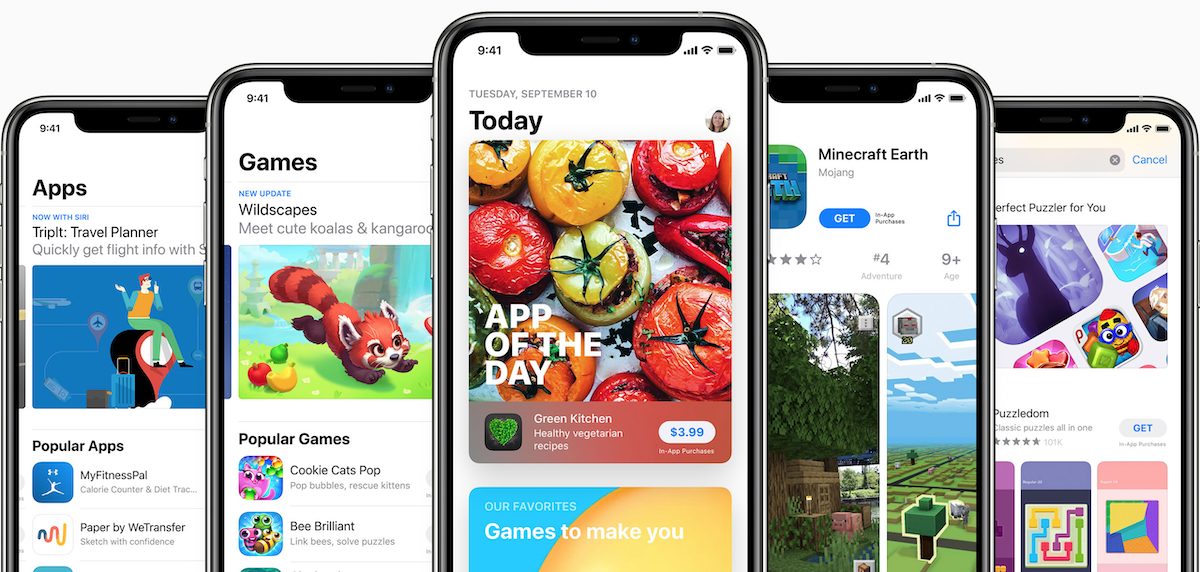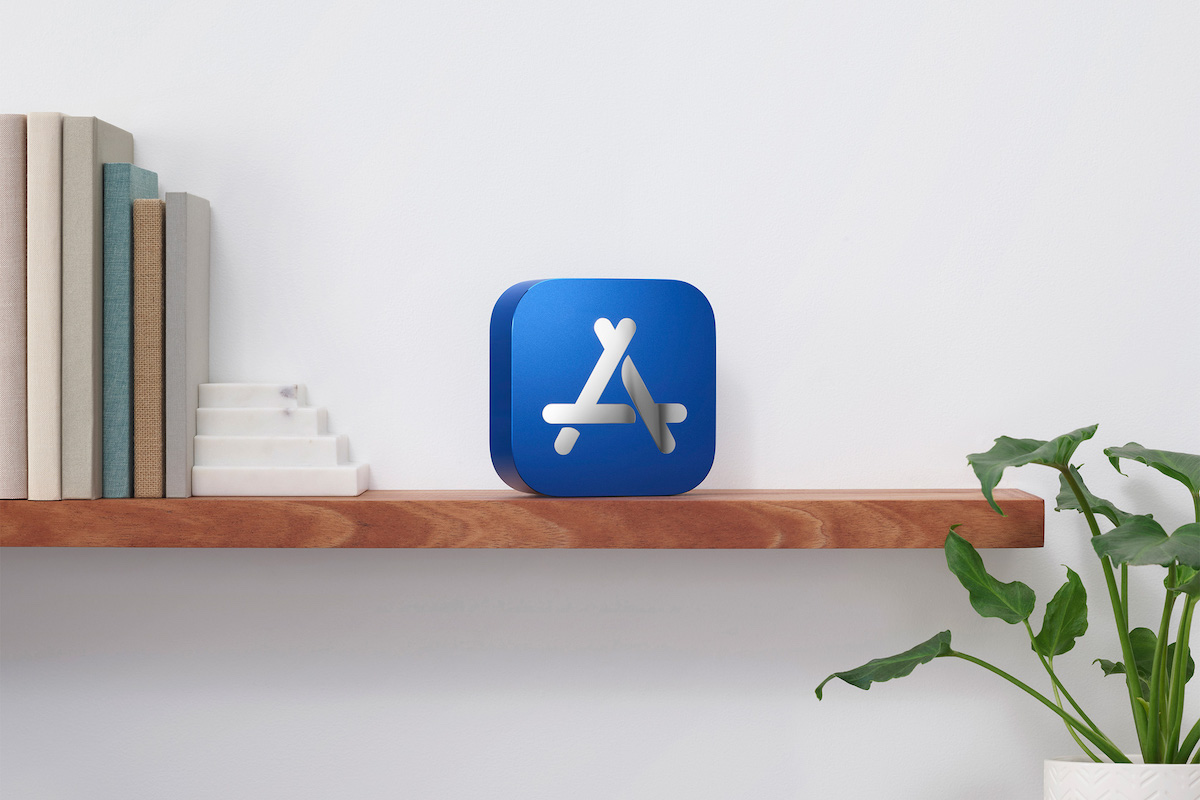In Epic Games’ case, the presiding judge found App Store’s anti-steering policy is anti-competitive as it violates California Unfair Competition Law. Therefore, it was ordered to allow developers to add links to alternative payment methods on their apps.
However, MobileDevMemo believes that the new ruling will bring insignificant monetary value for gaming developers because out of all the App Store categories, the 30% commission predominately applies to game apps.

Apple should apply the same App Store fee across all categories, not just gaming apps
As per the article, the 185-pages long-ruling acknowledges that App Store’s most revenue comes from mobile gaming apps, not all apps. 70% of the digital store’s revenue comes from almost 10% of consumers making in-app purchase in-game apps, the rest are free including apps that deliver fulfillment non-digitally like Uber, Doordash, and Reader apps like Netflix, HBO Max, YouTube.
Generally speaking, on a revenue basis, gaming apps account for approximately 70% of all App Store revenues. This 70% of revenue is generated by less than 10% of all App Store consumers. These gaming-app consumers are primarily making in-app purchases which is the focus of Epic Games’ claims. By contrast, over 80% of all consumer accounts generate virtually no revenue, as 80% of all apps on the App Store are free. – Verdict

Recently, Apple allowed all Reader apps to add links to alternative sign-up methods as a result of Japan’s FTC which will further shrink the App Store revenue from that category. So, gaming apps are the only category not exempt from App Store fees and as the whole spending habit is based on design choice, “games is the category least likely to substantially benefit by re-routing revenues through alternative payments processors.”
Mobile games economies are predicted on low-friction purchase mechanics. Will users click out to a website to save money on a low-cost IAP relative to what that IAP would cost with a double-tap of the power button? How much of a discount would app developers need to offer in order to successfully incentivize that new behavior? Put differently: how much of the platform fee can games developers actually expect to recover with web-based payments processing?

Therefore, for a truly fair digital marketplace, Eric Benjamin Seufert writes that Apple should apply the fee structure across all categories which will benefit gaming apps too.
Apple can abandon its disorienting, unintuitive, and inordinately gerrymandered map of App Store categories and simply apply the same platform fee rules to all in-app purchases of digital goods, treating all categories of apps as essentially the same while allowing a link to off-App Store payments processors.
The largest streaming services and “sharing economy” apps are already not paying Apple; some mix of subscription apps are paying Apple a platform fee on some portion of their revenues, and this portion will decrease with the introduction of a payments link, but these apps only drive 30% of revenue, anyway; and the proportion of mobile games revenues subject to the platform fee is unlikely to materially change.
1 comment
Comments are closed.